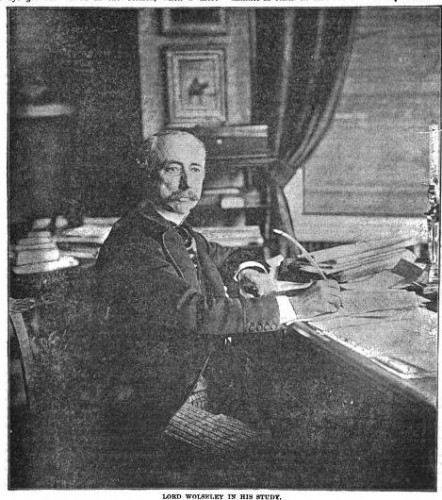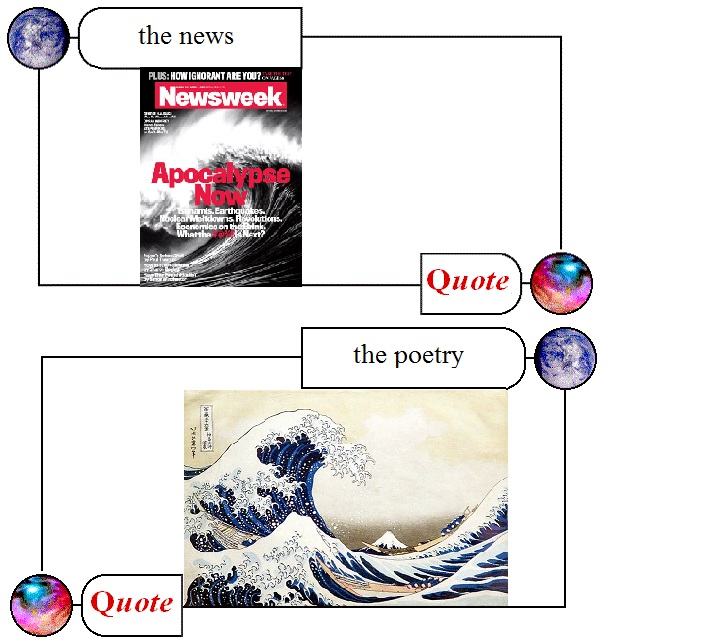The discovery of Osama bin Laden in Pakistan’s most secure stronghold at Abbottabad, just 800 yards from Pakistan’s West Point is clear and convincing evidence that Pakistan is a state sponsor of terrorism against America. There is no other reasonable explanation.
We already knew Pakistan is what we feared a nuclear-armed Iran would be — a nuclear-armed, terrorist supporting, state. Just ask India about Mumbai and the Lashkar-e-Taiba. Now we know that Pakistan is attacking us too. Al Qaeda is the operational arm of Pakistani intelligence (ISI) attacking us just as Lashkar-e-Taiba is its operational arm attacking India.
There are no good options with Pakistan, just greater or lesser degrees of bad ones. Given its possession of nuclear weapons, there is little we can safely do to deter Pakistani terrorism against us. Nothing short of actually destroying the nuclear-armed Pakistani state, and the rapid, forcible, seizure of its nuclear weapons, will protect America from Pakistani terrorism – they’ll build more nukes if we allow the Pakistani state to survive.
Destruction of the Pakistani state and prompt seizure of its nuclear weapons are well within America’s power, particularly if we ruthlessly use some of our own tactical nuclear weapons in the process of seizing Pakistan’s. Securing Pakistan’s nukes quickly — to keep them from being used on American cities by Pakistani agents aka terrorists funded by Pakistani intelligence — is an important enough objective to merit the use of our tactical nuclear weapons.
Our second major problem here is that Pakistan’s people and culture are almost totally infected by Islamist Jihadist hatred of us, unlike Iraq and Iran. We liberated Iraq from tyranny, while the Iranian people loathe their Shiite Islamist tyranny. Pakistan is larger than Iraq and Iran combined, and far beyond our ability to subdue, let alone occupy. Our destruction of the Pakistani state would create a vast, hideously dangerous, and totally unrestrained failed state base for overt terrorism against us. The single thing they wouldn’t be able to use against us after we leave are nuclear weapons, which only an organized government can (so far) manufacture.
The only way to keep Pakistan from subsequently becoming a far more dangerous terrorist base than Afghanistan ever was would require the physical destruction of its people with strategic nuclear weapons. We won’t have the will do so…until we are again hit at home with more biological weapons, or with nukes.
Our world is now on the verge of Richard “Wretchard” Fernandez’s “Three Conjectures.”



